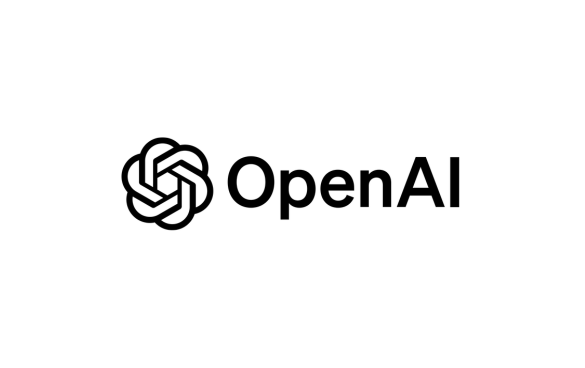Title: Authors File Lawsuit Against OpenAI and Microsoft for Alleged Copyright Infringement in AI Training
A lawsuit has been filed in Manhattan federal court by a group of 11 nonfiction authors, accusing OpenAI and Microsoft (MSFT.O) of misusing their written works to train the models behind OpenAI’s widely-used chatbot ChatGPT and other artificial intelligence-based software.
The authors, including Pulitzer Prize winners Taylor Branch, Stacy Schiff, and Kai Bird, who co-wrote the J. Robert Oppenheimer biography “American Prometheus,” made their case on Tuesday, asserting that the companies violated their copyrights by utilizing their work in training OpenAI’s GPT large language models.
As of Wednesday, representatives for OpenAI, Microsoft, and the authors have not responded to requests for comment.
Last month, writer and Hollywood Reporter editor Julian Sancton initiated the proposed class-action lawsuit. This legal action is part of a series of cases brought by groups of copyright owners, including renowned authors such as John Grisham, George R.R. Martin, and Jonathan Franzen, alleging the misuse of their work in AI training by OpenAI and other tech companies. The companies, including OpenAI, have consistently denied these allegations.
Notably, Sancton’s lawsuit is the first author-initiated legal action against OpenAI that also names Microsoft as a defendant. Microsoft has invested billions of dollars in the artificial intelligence startup and has seamlessly integrated OpenAI’s systems into its products.
According to the amended complaint filed on Monday, OpenAI allegedly “scraped” the authors’ works, along with a substantial amount of other copyrighted material from the internet, without permission. This material was purportedly used to teach GPT models how to respond to human text prompts. The lawsuit contends that Microsoft has been “deeply involved” in training and developing these models, making it equally liable for copyright infringement.
The authors are seeking an unspecified amount of monetary damages and are requesting the court to issue an order for the companies to cease infringing on their copyrights.

